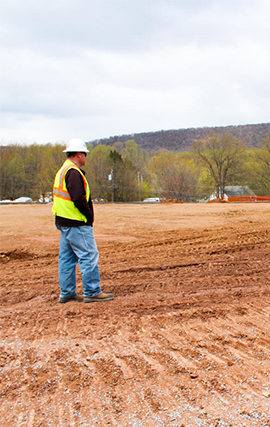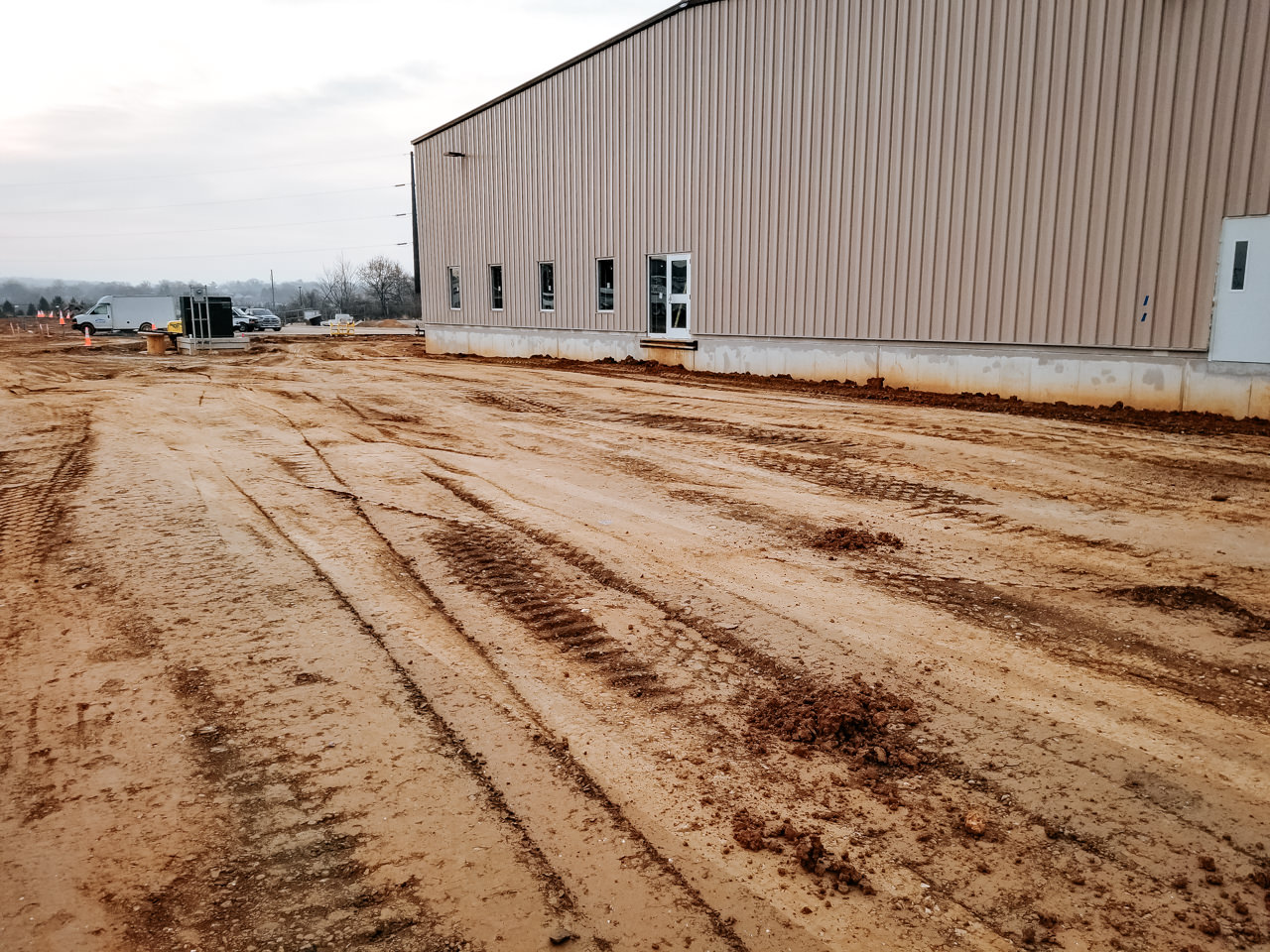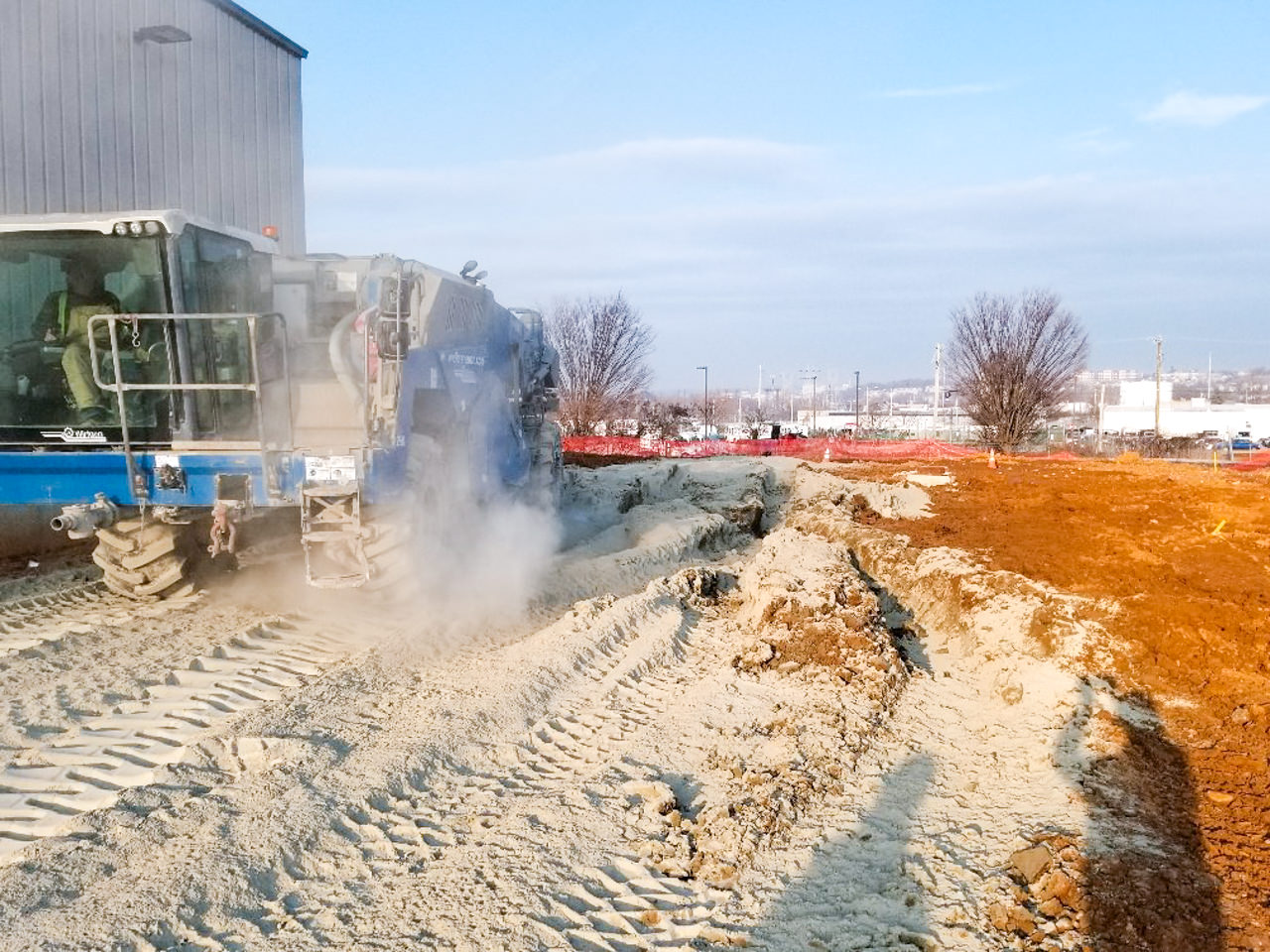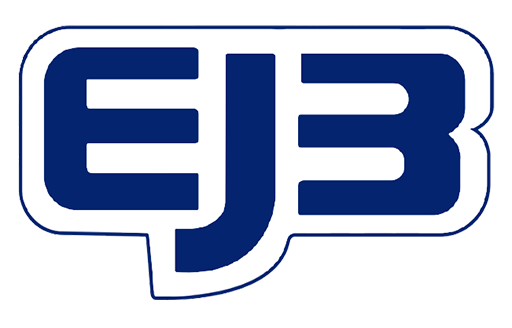“MUD DRYING” OR SOIL CONDITIONING
Soil Drying/Modification (sometimes referred to as “mud drying” or soil conditioning), while commonly confused with Soil Stabilization, is a completely unique process.
Although some stabilization inherently occurs in Soil Modification. The distinction between the two is that Soil Modification is merely a means to reduce the moisture content of soil to expedite construction. Alternatively, Soil Stabilization can substantially increase the shear strength of a material such that it can be incorporated into the project´s structural design. The determining factors associated with Soil Modification versus Soil Stabilization may be the existing moisture content, the end use of the soil structure, and ultimately the cost benefits provided.
Oftentimes, subgrade soil is not suitable for the project being built upon it. In instances where the soil is too wet or lacks the necessary support strength, soil drying and soil modification processes are employed.
This innovation utilizes hydrated lime to dry the soils in an area to a specific requirement so that your project can continue unobstructed and without incident. Hydrated lime soil stabilization is used in a variety of applications, whether that be as an integral part of the construction or simply as a method to improve working conditions at a site.
- Accelerates construction times by decreasing the workload on heavy equipment
- Existing material can be modified, thereby reducing the need (or sometimes eliminating it completely) for additional materials to be trucked to the work site
- Reduces swell, plasticity, and moisture-holding capacity
- Improves general soil stability and provides a solid foundation for upper roadway layers
Soil drying/modification works by applying a particular lime product to the soil in order to absorb the soil’s excess moisture. This provides a suitable base that is able to be easily shaped and compacted for things like construction foundations, improved work conditions, and decreased budging costs and construction time.



SINCE 2017 – EJB HAS SERVED
1600000000
Pounds of Materials Mixed
220000000
Square Feet Treated
22
States Worked In
